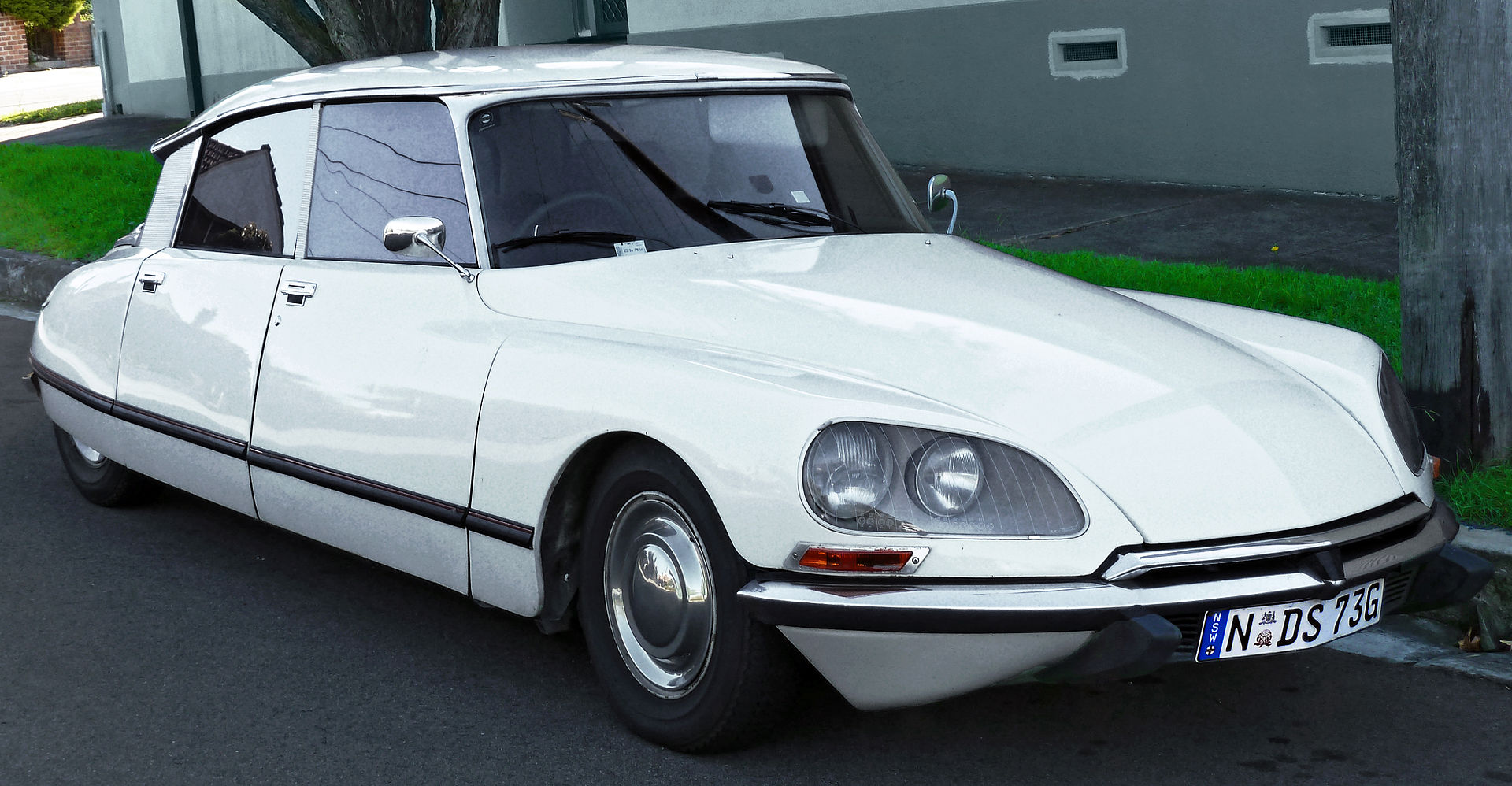
One useful idea taught by neoclassical economics is to distinguish between choice and preferences. An individual is modeled as making choices according to his preferences and his constraints.

Think about an individual who, on his preference scale (in his “preference function”), prefers a BMW i8 Roadster to a Kia Rio. He might choose to spend $160,000 on the BMW if his budget constraint allows it. Otherwise, he will buy the Kia. In the latter case, he maximizes his utility–his position on his preference scale–by choosing the Kia and lots of other goods, instead of the BMW and few other goods.
An individual does not buy what he absolutely prefers: he buys instead what he prefers given his constraints. And note that these constraints are not only his money budget; his time budget matters too. Even Jeff Bezos cannot buy everything that is high on his utility scale–say, one specimen of every sports car manufactured over the last five decades–because he will not have the time to enjoy his purchases. Even if he is a car collector, the size of his garage or warehouses is limited.
The distinction between preferences and choice explains an old economist’s joke, which you may have heard before. An economist is walking with a friend, and they pass in front of a BMW car dealership. They see a brand-new BMW i8 Roadster. “I want that,” says the friend as he continues walking. “No you don’t,” replies the economist.
The idea is that the friend was only expressing his pure preferences, and that he would not be maximizing his utility given his budget constraint if he bought that car. Otherwise, he would already have bought it. Of course, it is possible that he just discovered his dream car, and that he will come back tomorrow with his checkbook: only in that case would an economist say that he literally wants the Roadster, as opposed to what he would want it he were rich.
We often speak loosely or jokingly when walking with friends. Language is rich, malleable, and complex. But if one is using words and concepts to try to understand society and the economy, talking loosely is not the way to go. Using the distinctions above makes it easier to think clearer about choice. People are often confused because they ignore them.

READER COMMENTS
Robert EV
Oct 9 2018 at 10:57pm
I’m trying to flesh out this usage of the term “want”.
If a person said they wanted a particular car, brought their checkbook, and step into the dealership to begin the purchasing process, but were then struck and killed, would this be an economically correct use of the word “want”?
What if the same, but the person was struck and seriously injured, then spent all of their money on hospital bills? Would this still have been a correct use of the word “want”?
I assume both cases would be, but that in the second case while the person did “want” in the past tense, they no longer want in the present and near future tenses.
Comments are closed.